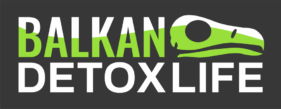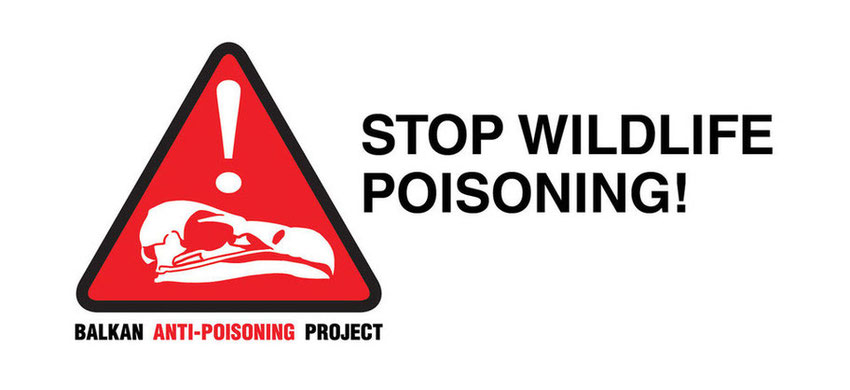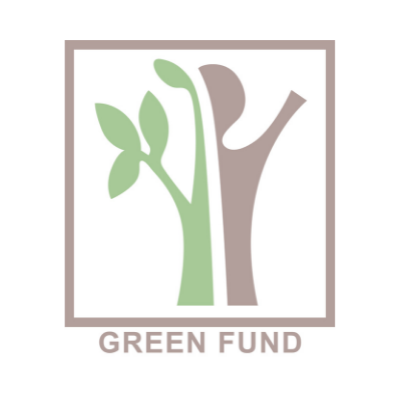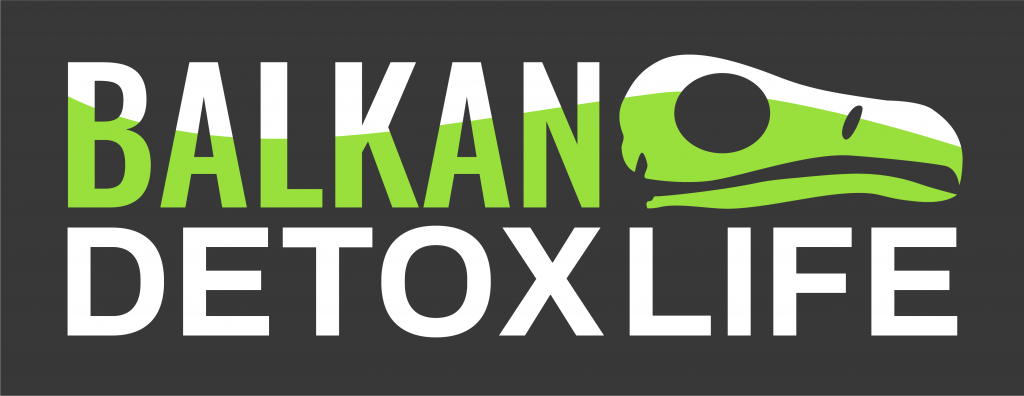Vulture conservation actions undertaken this year by the Management Body of Messolonghi Lagoon – Akarnanika Mountains are honouring the 200th anniversary of the Greek revolution (1821-2021) and the Holy City of Messolonghi, a Greek town attached to the image of the country’s liberation. These actions are taking place with the assistance of many other public and private bodies under the supervision of the Department of Wildlife & Hunting Managementof the Hellenic Ministry of Environment and Energy as well as the Forestry Service of Messolonghi and Ioannina. They aim to link nature conservation with the preservation of the historical memory, so that the promotion of the unparalleled natural beauty of the region is linked to history and these two, help enhance local heritage. Therefore, all birds released this year in the region will receive names of historical persons who played an important role in the events of the revolution, spurring the interest of citizens and especially children, mobilizing them to learn more about the protagonists of that time.
As these birds will carry GPS tags and could travel all over mainland Greece or even further, they can carry powerful messages with their names about values of freedom, solidarity and cooperation, necessary for the preservation of the natural heritage that is threatened both in our country and worldwide.
Recent release of three Griffon Vultures in Messolonghi
On 24 January 2021, three Griffon Vultures were successfully released after spending seven months in a special acclimatization aviary, managed by the Management Body of Messolonghi Lagoon – Akarnanika Mountains in Arakynthos. Along with them, another wild Griffon Vulture from the local population has been released, which was caught in a specially designed infrastructure. Ahead of their release, they marked the vultures with coloured rings and GPS tags, in order to help scientists and agencies uncover the secrets of their biology, but also to quickly detect and respond to illegal poisoning cases. The names of the first three birds released are:
Markos (in honour of Markos Botsaris 1790 – 1823). Markos Botsaris, also known as “The Eagle of Samoniva”, was among the defenders of Messolonghi at the end of 1822. He was fatally wounded in the summer of 1823 in Kefalovrysos Karpenisiou and his body was transferred to Messolonghi where he was buried.
Byron (in honour of Lord Byron 1788-1824). He was an English aristocrat, romantic poet, philhellene and one of the most important figures of Romanticism. His name was linked to the support of revolutionary movements in Italy and Greece and died alongside the Greek revolutionaries in Messolonghi.

Athanasios(in honour of Athanasios Razis-Kotsikas 1798-1826). On 20 May 1821 he pioneered with other pre-candidates of the city the raising of the revolutionary flag in Messolonghi and was appointed by the guard of the armed citizens of Messolonghi as leader of the local troops. He fell fighting on the night of the exit trying to occupy an enemy fortification opposite the “dapia of Luneta” in order to facilitate the passage of civilians from the side of the lagoon. His residence now houses the Center For Speech and Art “Diexodos” in Messolonghi.
Three new young wild Griffon Vultures coming from rehabilitation facilities in the country have now replaced the released birds in the acclimatization aviary. Depending on the results of the above experiment, these three birds could also be released in the future to strengthen the local vulture population of mainland Greece, which has decreased dramatically. These actions will take place in accordance with the proposals of the relevant Greek National Action Plan for the recovery of vulture populations in the Balkans.
Using GPS tags to tackle illegal poisoning and protect vultures
The Balkan-Anti Poisoning Project (BAPP), led by us here at the Vulture Conservation Foundation (VCF) and funded by the MAVA Foundation, supported these efforts by providing funding for the GPS tags to the Hellenic Society for the Protection of Nature (HSPN) within the Small Grants Programme. Finally, the actions are carried out in synergy with the new BalkanDetox LIFE project, led by the VCF and funded by the EU’s LIFE Programme, which aims to minimize the scale and scope of wildlife poisoning by raising awareness and building capacities among key stakeholders across seven Balkan countries. Within this project, an innovative initiative aims to coordinate the monitoring of these marked Griffon Vultures together with other vultures from the Balkan population, surveilling all important vulture colonies in the Balkans to help track poisoning cases fast, save vultures and prosecute wildlife criminals.
Follow the dedicated BalkanDetox LIFE Facebook page to stay tuned with the project!























